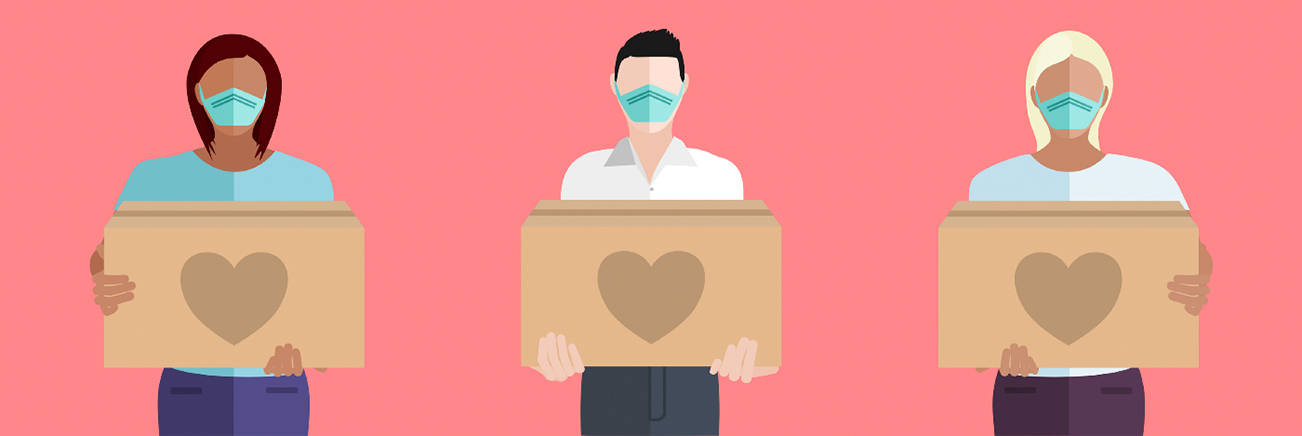Submitted by the Washington State Department of Health
We all have some times when we need support and other times when we are able to provide support for others. These are difficult times. Economically. Socially. Physically. If you need support, it is okay to ask for it. Here are some resources that may help:
• Care for Your Coronavirus Anxiety Toolkit.
• Care for your coronavirus anxiety – a project by Shine.
• CDC guidance to support your mental health and well-being.
• Washington Recovery Helpline for substance use, problem gambling, and mental health challenges call 1-866-789-1511.
• Warm Line for people living with emotional and mental health challenges: 877–500-WARM (877–500–9276).
• Washington State is starting a crisis counseling program called Washington Listens.
• Disaster Distress Helpline for around-the-clock crisis counseling and support to people experiencing emotional distress. Call 800–985–5990 or text TalkWithUs to 66746.
And many more are available at https://coronavirus.wa.gov/information-for/you-and-your-family/mental-and-emotional-well-being.
Volunteer opportunities
If you are healthy and feeling able to provide support to your community, you may find that you receive as much as you give! Volunteering is good for your health! Volunteering has been shown to reduce depression and stress and help people live longer. And, you might get to learn something new or meet someone new!
Need to stay home and stay healthy for a while longer? That’s okay, you don’t even need to leave the house to volunteer!
• You could join the Washington Mask Challenge and make cloth masks for organizations in need throughout Washington State, such as nursing homes, homeless shelters, food banks, and more. Visit WAMaskChallenge.org for more information.
• You could donate to a Shelter or Food Bank and help make sure everyone has enough to eat. Donate to the Hunger Relief Fund for Washington.
• You could support nonprofits that you love, that are helping people in need, that your friends recommend to you, or to those are addressing systemic racial inequities and disparities. You can also consider giving to regional funds through Philanthropy Northwest — Response to COVID-19 Outbreak.
• You could donate medical supplies or equipment you don’t need anymore. Email FEMA’s National Business Emergency Operations Center at nbeoc@fema.dhs.gov to find out how.
Are you feeling 100%, got your mask ready and plenty of hand sanitizer?• You could volunteer at a food bank. Food banks need volunteers to help sort food, and will help you stay safe and six feet away from others while you volunteer. Check out the following organizations to connect with a food bank in your area.
• Northwest Harvest, statewide.
• Food Lifeline in Western Washington.
• You could donate blood. Blood donations have decreased dramatically. Visit Bloodworks NW in the Puget Sound region or American Red Cross Blood Services.
• Serve Washington has lots of other ways you could volunteer to help fight COVID-19 here: Serve Washington: Guidelines for Volunteers and Volunteer Organizations During COVID-19
• Practice compassion. Take care of yourself, and then take care of others. The simplest way to help others may be to call or text a neighbor or friend to connect and check on them. It will bring a smile to both of you!
More information
Information changes rapidly. Check the state’s COVID-19 website for up-to-date and reliable info at coronavirus.wa.gov.
Answers to your questions or concerns about COVID-19 in Washington state may be found at www.doh.wa.gov/coronavirus. You can also contact the DOH call center, 6 a.m.-10 p.m., seven days a week at 1–800–525–0127.



